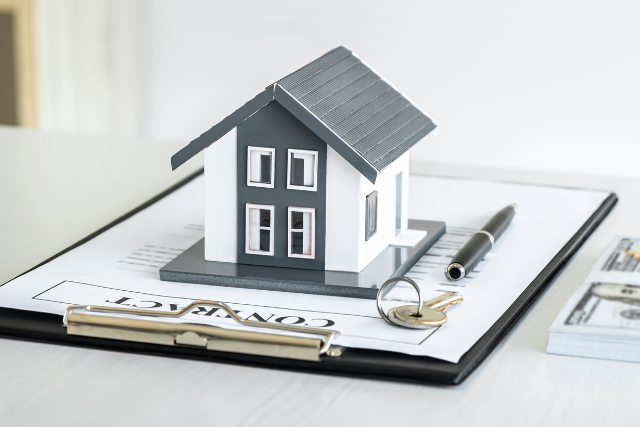Buying a house is one of the biggest financial decisions that most people will make in their lives. One of the key factors to consider when buying a home is the down payment. In this article, we will explore what a down payment is, how it works, and why it is important.
What is a Down Payment?
A down payment is a sum of money that a homebuyer pays upfront to secure a mortgage loan. This payment is typically a percentage of the total cost of the home, and it is made at the time of purchase. For example, if you are buying a $300,000 home and the down payment is 20%, you will need to make a down payment of $60,000.
The down payment is a way for lenders to assess a buyer’s ability to repay the loan. The larger the down payment, the less risky the loan is for the lender. A down payment also reduces the amount of money that needs to be borrowed, which can lower the monthly mortgage payments and the overall interest paid over the life of the loan.
How Does a Down Payment Work?
A down payment is typically a percentage of the total cost of the home, and it can range from 3% to 20% or more. The amount of the down payment required will depend on a variety of factors, including the type of loan, the lender’s requirements, and the borrower’s creditworthiness.
For example, if you are buying a $300,000 home and the down payment is 10%, you will need to make a down payment of $30,000. The remaining $270,000 will be financed through a mortgage loan.
It’s important to note that a down payment is not the only cost associated with buying a home. Homebuyers will also need to pay closing costs, which can include fees for appraisals, inspections, and title searches, as well as taxes and insurance.
Why is a Down Payment Important?
A down payment is important for several reasons:
Lower monthly payments: A larger down payment can reduce the amount of money that needs to be borrowed, which can lower the monthly mortgage payments.
Lower interest rates: A larger down payment can also result in lower interest rates, which can save the borrower money over the life of the loan.
Improved chances of approval: Lenders view a larger down payment as a sign of financial stability and are more likely to approve a loan with a larger down payment.
Equity: A down payment also helps to build equity in the home. Equity is the difference between the value of the home and the amount owed on the mortgage.
Avoiding private mortgage insurance (PMI): If the down payment is less than 20% of the purchase price, the borrower may be required to pay private mortgage insurance (PMI), which can add to the monthly mortgage payment.
How Can You Save for a Down Payment?
Saving for a down payment can be challenging, but there are several strategies that can help:
Set a budget: Creating a budget can help you identify areas where you can cut back on expenses and save more money.
Automate savings: Setting up automatic transfers to a savings account each month can make it easier to save money consistently.
Look for down payment assistance programs: Some states and municipalities offer down payment assistance programs for first-time homebuyers.
Consider a side hustle: Taking on a side job or freelance work can help you earn extra income to put towards your down payment.
Delay large purchases: Delaying large purchases, such as a new car or expensive vacation, can help you save more money for your down payment.
